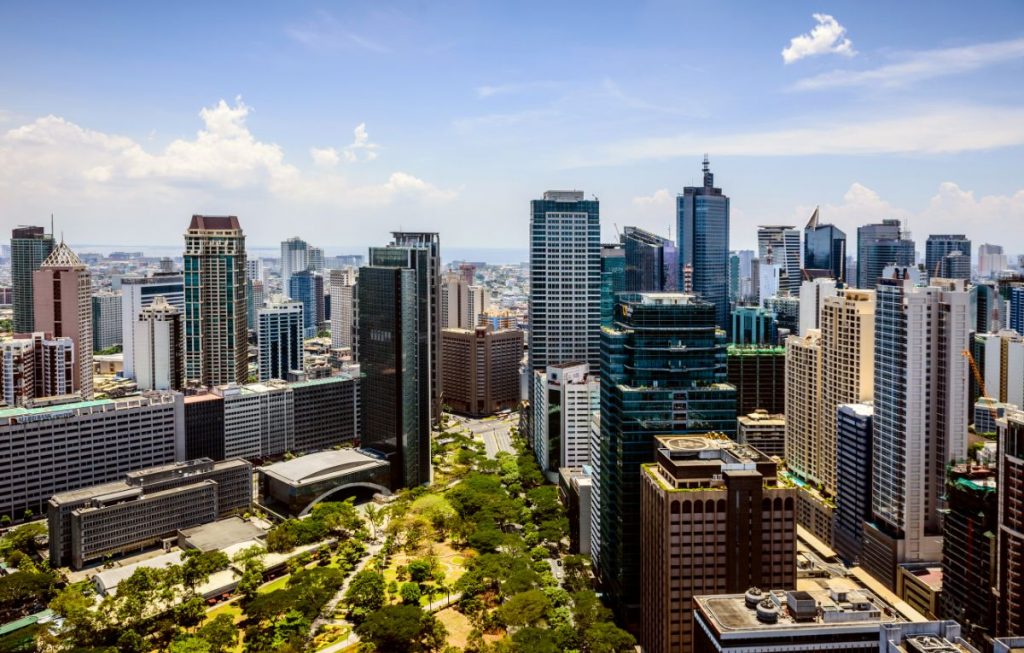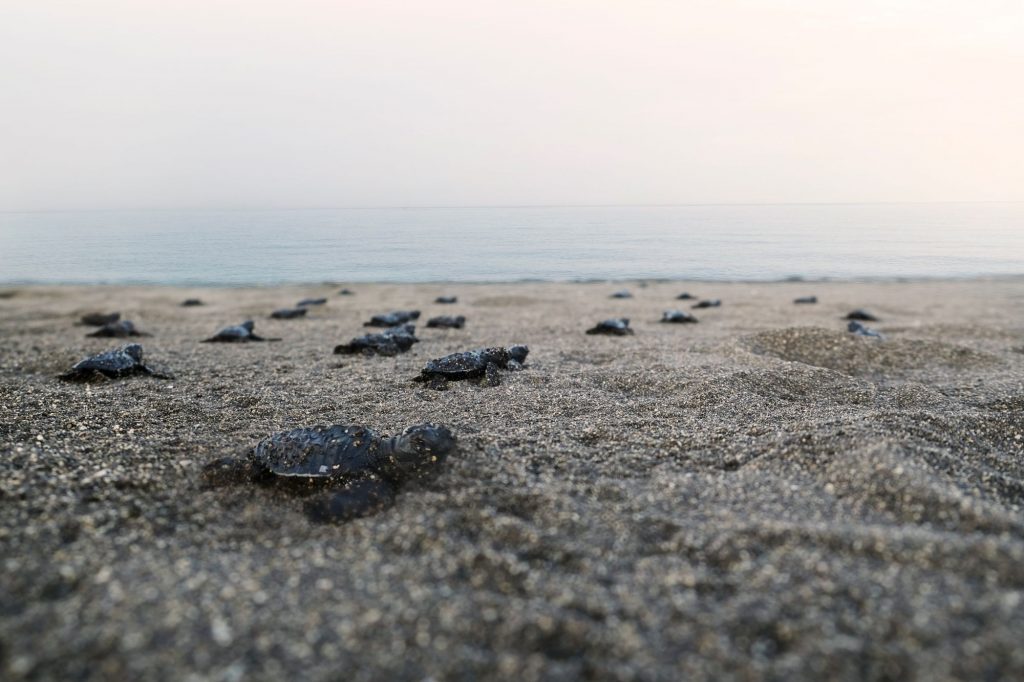
The real estate industry is now taking an increasing role in tackling ESG concerns.
2020 was a critical time for ESG-driven investments in the real estate industry, amid the COVID-19 pandemic and climate-related disruptions, as well as escalating social inequity. Investors could no longer ignore these developments, prompting many of them to adopt a more robust approach to integrating sustainability in their business operations.
As more real estate companies operate with ESG in mind, the industry has become one of the drivers of environmental, social, and governance reforms.
ESG initiatives are now embedded in every stage of the real estate property lifecycle. Today, there is growing pressure to provide quality housing with sizable spaces, and eco-positive, and holistic developments.

Sustainable land development has become increasingly vital not just to potential real estate investors, but also to the environment and infrastructure around these developments.
As we weather through several climate change-related events, we are mindful of the negative impacts of global warming, and of the extent to which economic growth and climate change are interlinked.
This is especially true for countries like the Philippines, where the effects of climate change are disproportionately felt. Our country is highly vulnerable because of our relatively small land mass, sea-fronting borders where a vast majority of our people reside, and our proximity to the Pacific Ocean’s typhoon belt and Ring of Fire.
Within this context, real estate plays a significant role both as a “culprit” — in energy consumption, emitting carbon, utilizing resources and land — and as a catalyst — by spurring investment into eco-positive measures that promote resilience against climate change.
Sustainable development is key to ensuring new additions to the portfolio of real estate developers. It is also important to avoid, if not reduce the negative environmental impact of their operations, and set up infrastructure, technology, and other resources to navigate through future environmental crises.
However, the impact of ESG on this sector goes beyond what is mentioned above. ESG, aside from fostering eco-friendly buildings, requires developers to consider the impact of their properties on the existing community and infrastructure.
The pandemic also brought forth emerging trends and new preferences among home buyers. For instance, the work-from-home or hybrid work set-up now requires homes to have bigger spaces—even open spaces for some—following months of quarantine and lockdowns. It also fueled mass migrations from cities to suburbs due to necessity (to be closer to families) and choice (because larger, urban cities are more prone to lockdowns).
As we come to grips with rising income inequality and the long-term trend of urbanization, the reality of quality housing for all has become even more challenging.
Property developers need to know the needs of their prospective tenants as well as the interests of the existing community, to ensure that their development is beneficial to everyone.
Such considerations will shape not only how developers create new communities and commercial spaces, but will also influence their valuation, and their real estate investment.

At AboitizLand, the real estate arm of the Aboitiz Group, our approach is embedded at both the corporate level and throughout our investment value chain. For over 25 years, we have been dedicated to shaping master-planned communities in the pursuit of innovating ways to lead more Filipinos home.
Beyond that, our developments strive toward advancing the surrounding businesses and communities. We work with them to enhance the value of land with distinctive and high-quality communities.
We design holistic developments that cater to the needs of our vecinos (referring to our residents). We take measures to ensure that each development employs envi-sensitive planning — thus, balancing the interest of our vecinos and our planet.
We also commit to constant innovation in order to create more sustainable and resilient communities. One of our most notable innovations are precast concrete panels designed to reinforce homes against earthquakes and typhoons. These panels also reduce heat absorption creating a cooler environment. This precast technology enables us to construct homes that age gracefully, withstand seaside living conditions, and are ready for move-in in a shorter period.
Partnering with Connovate Philippines, the first of these precast panels were recently installed in our seaside development, Seafront Residences in San Juan, Batangas.
This was shortly followed by a partnership signing with a Japanese company, which provides advanced precast technology that will supply the precast panels for The Villages at Lipa, the premiere residential enclave of LIMA Estate.
As part of AboitizLand’s innovation and sustainability thrust, this technology will soon be adapted by our other residential developments across the country.
Furthermore, our dedication to promoting the social aspect of ESG is reflected in the construction technology we use in building houses. We apply the principles of new urbanism in each of our developments through envi-sensitive planning, providing walkable blocks and streets near public spaces.
Aside from providing easy access to amenities, we promote eco-friendly habits as vecinos are encouraged to take a leisurely stroll, rather than drive, to reach their destination. — Ajoya Pampanga, Ajoya Capas, and Ajoya Cabanatuan also have pocket parks and greenbelts that provide closeness to nature, which is beneficial to the mental health and wellbeing of vecinos.
While we have many initiatives to improve climate and broader environmental performance within our residential developments, this is not all we do to drive positive ESG impact.
At AboitizLand, we have put greater emphasis on creating spaces that promote movement, collaboration, and industrial growth — striking the right balance between healthy working environments, sustainable resource consumption, and positive economic development.

AboitizLand is also a steward of biodiversity by ensuring that a thriving community can co-exist with marine inhabitants. In partnership with the Aboitiz Foundation, the Department of Environment and Natural Resources, and the Diliman Science Research Foundation, Inc. of the University of the Philippines, we launched the Pawikan Conservation Project at our Seafront Residences in San Juan, Batangas.
In support of the United Nations Sustainable Development Goal #14 – Life Below Water, the project aims to help protect the endangered olive ridley turtles by educating the local community, providing a hatchery, and allowing vecinos and volunteers to assist in releasing the baby turtles back to the sea.
ESG in the real estate industry pushes players within the industry to improve the sustainability of their developments, and to preserve the interests of people and the environment.
As one of the Philippines’ top developers, AboitizLand is constantly innovating to provide better homes while helping protect Mother Nature. For over 25 years, we have stayed true to our promise of innovating ways to lead more Filipinos home and improve ESG in the Philippines. We now look to further expand our reach by continuing to develop fully-integrated communities in more locations across the country. For more information about AboitizLand, visit www.aboitizland.com.